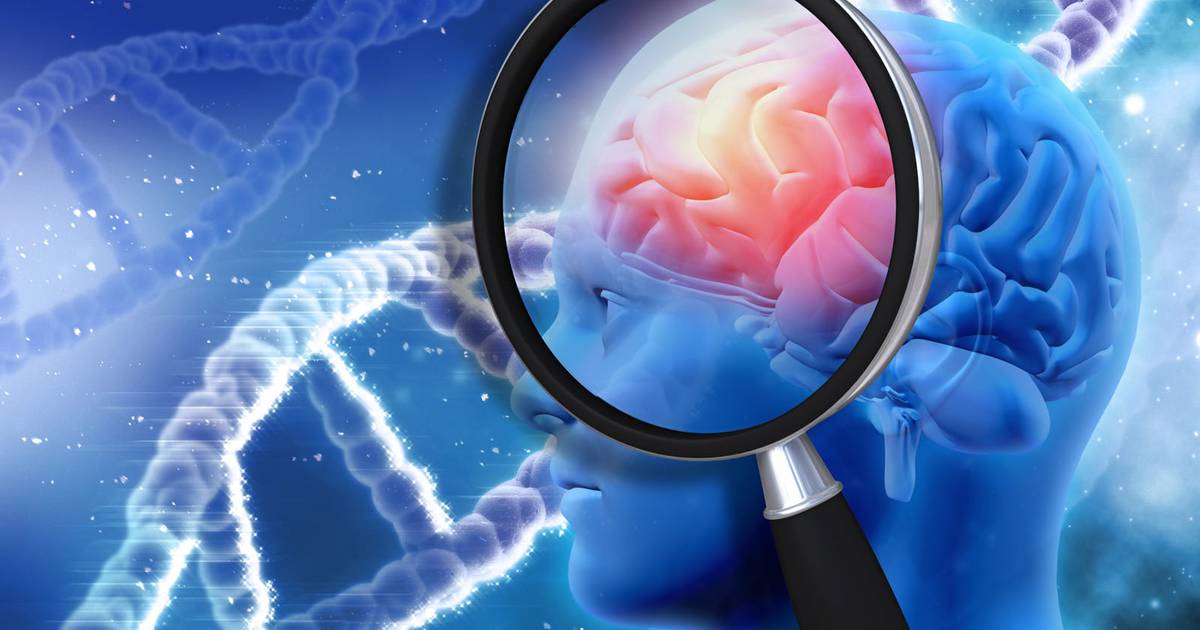Parkinson’s Disease Overview
What Causes Parkinson's Disease?

Little is known about what causes Parkinson's disease, but researchers have noted a few consistencies throughout their studies. Certain genes appear to play a role in cases where the individual diagnosed has relatives with the same condition. This suggests there may be some connection between genetics and Parkinson's disease. An individual's environment may also play a role in the potential development of Parkinson's disease, as well as age, gender, and exposure to certain toxins. Men over sixty years old are the most likely to develop this condition.
What Are The Treatments?

While no cure for Parkinson's disease exists yet, great bounds have been made in treating it. Lifestyle changes, medications, and surgeries are all ways in which doctors attempt to ease the patient's symptoms. Every medication works differently and will not affect everyone the same way. Discovering what works best for each specific case is essential in finding comfort. On top of medication, eating healthy, exercising, and remaining socially involved can offer many benefits as far as finding some relief and remaining positive. Patients working with an occupational therapist is a great option to help them master daily activities that may have become more difficult, such as eating or writing.
